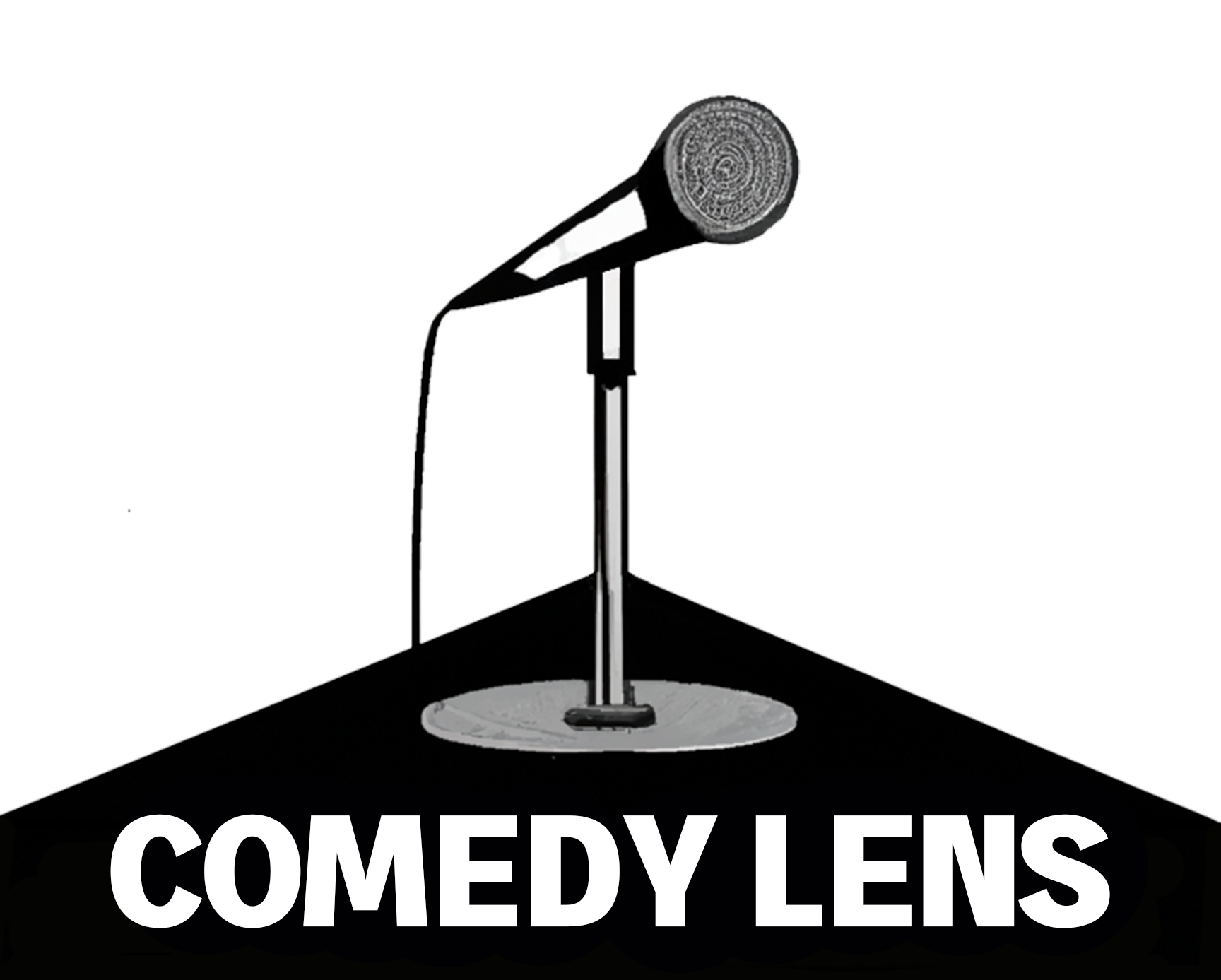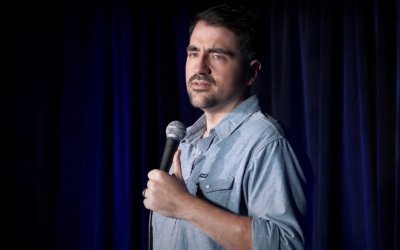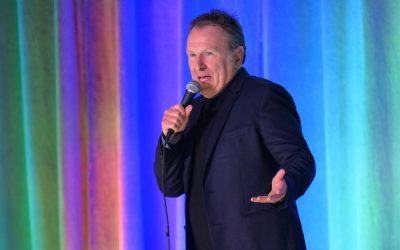Comedians are known for their ability to make people laugh, but what happens when their jokes fall flat? This is referred to as bombing, and it means their performance did not receive the intended response from the audience. Bombing on stage feels like a game of musical chairs where the audience is left standing and the comedian is left without a seat. The silence of laughter echoes like a lonely cricket in an empty field, and the comedian is left to wonder what could have been.
They typically use the phrase when referring to an entire set that failed to entertain the crowd, although it can also refer to a single comedic bit that didn’t land as intended. While this can be a difficult experience for comedians, it is also a common occurrence in the world of stand-up comedy.
The reasons why comedians bomb can vary, but it is often due to a combination of factors. One reason is that they may not know their audience well enough. Every crowd is different, and what works for one audience may not work for another. Another reason is that their material may just not be strong enough. Writing and performing comedy is a difficult art, and not every joke will be a hit.
Sometimes, bombing is the result of factors outside of their control, such as a rowdy audience or technical difficulties. Regardless of the reason, it can be a humbling experience for comedians, and one that they all go through at some point in their careers.
Inside the world of professional comedy, bombing is an inevitable and occasionally valuable occurrence for comedians. By reflecting on these experiences, they can dissect their performance, analyze the gaps in their material, and come back stronger for their next gig, better equipped to connect with diverse audiences and deliver laughter.
In this article, we’ll explore the different types of bombing, the reasons why comedians bomb, and how they handle bombing on stage.
Key Takeaways
- Comedians say they bombed when their performance did not receive the intended response from the audience.
- Bombing is a common occurrence in the world of stand-up comedy.
- Bombing can be caused by a variety of factors, including material, delivery, audience response, and external factors.
- Bombing can be an opportunity for comedians to learn and improve their performance.
Why Do Comedians Bomb?
Definition of Bombing
When a comedian says they “bombed,” it means that their performance did not go well. They did not get the laughs they were hoping for and the audience did not respond positively to their jokes. Bombing can refer to a single joke or an entire set, and it can happen to even the most successful comedians.
Reasons Why Comedians Bomb
There are many reasons why comedians bomb on stage. Here are a few:
- Bad Material: Comedians need to have good material to succeed. Simply put: bad jokes do not get laughs.
- Off night: Even the best comedians have off nights. They may be tired, distracted, or not feeling well. When this happens, their performance may suffer, and they may not get the laughs they were hoping for.
- New material: Comedians are constantly writing and trying out new material. Sometimes, this material may not be as funny as they thought it would be, and they may bomb as a result. This feedback is essential for comedians and their jokes to grow and get better.
- Crowd work: Some comedians rely heavily on crowd work, which involves interacting with the audience. If the audience is not responsive or engaged, the comedian may struggle to get laughs.
- Right of passage: Bombing is a right of passage for stand-up comedians. It is something that every comedian goes through when finding their voice, and it is a necessary part of the learning process. Comedians who have never bombed may not have taken enough risks or pushed themselves out of their comfort zone.
- Industry pressure: Comedians may feel pressure to perform well, especially if they are performing for industry professionals or at events that could lead to future opportunities. This pressure can sometimes lead to a less successful performance.
While bombing can be discouraging, it is an essential part of the learning process for comedians. By embracing their failures and using them as feedback, comedians can continue to grow and improve their craft.
Types of Bombing
There are different types of bombing that comedians can experience. These are the most common:
The Silent Bomb is when the comedian delivers a joke, and there is no response from the audience. This type of bombing can be particularly challenging for comedians, as it can be hard to know how to recover and move on to the next joke.
The Forced Laughter is when the audience is laughing, but the laughs are not genuine. It can be a sign that the comedian’s material is not resonating with the audience.
The Misfire is when the audience responds negatively to a joke, usually because it’s offensive or in poor taste. This type of bombing can be particularly difficult for comedians, as it can be hard to recover the audience’s trust and get them back on their side.
The Mixed Bag is when some jokes land with the audience, but others fall flat. This type of bombing can be frustrating for comedians, as they may feel like they were close to having a successful set but missed the mark on some jokes.
Bombing is a natural part of the comedy process, and it’s something that most comedians experience at some point in their careers. While it can be challenging in the moment, great comedians use bombing as an opportunity to learn and grow as performers.
More Reasons Why Comedians Bomb
We briefly covered some of the main reasons for bombing on stage above. Here are some other reasons for and common situations in which comedians bomb:
Open Mics
Open mics are a crucial part of the stand-up comedy scene. They provide a platform for comedians to test out new material, refine their jokes, and get feedback from their peers. Open mics are often the first step for aspiring comedians to get their foot in the door and start building their career. They are also a great way for established comedians to try out new material and experiment with their act.
Open mics are a crucial testing ground for comedians, where they often face the crushing defeat of bombing. In the industry, bombing is seen as a necessary part of the process. It’s a chance to get feedback and get better.
Nerves and Anxiety
Comedians are no strangers to nerves and anxiety before a performance. Even seasoned performers can experience stage fright and anxiety, especially when they are trying out new material or performing in front of a tough audience.
The fear of bombing is one of the biggest sources of anxiety for comedians. Bombing can be a humiliating experience for a comedian, and it can shake their confidence in their abilities.
Nerves and anxiety can affect a comedian’s performance in several ways. They may forget their material, stumble over their words, or lose their timing. They may also appear stiff or robotic on stage, which can make it difficult for them to connect with their audience.
To combat nerves and anxiety, many comedians have developed strategies to help them stay calm and focused before a performance. Some comedians meditate or practice deep breathing exercises, while others listen to music or engage in physical activity to help them relax. Other comedians create a persona on stage to separate themselves from the act and the anxiety surrounding it.
It’s important to note that nerves and anxiety are not always a bad thing for comedians. In fact, some comedians use their anxiety to fuel their performances, channeling their nervous energy into their material. This can make for a more dynamic and engaging set, as the comedian appears more authentic and relatable to the audience.
Ultimately, nerves and anxiety are a natural part of the performance process for comedians. While they can be challenging to deal with, they can also be a source of inspiration and creativity. By developing coping strategies and embracing their nerves, comedians can overcome their anxiety and deliver unforgettable performances.
Lack of Preparation
Comedians have a lot of work to do before they step onto the stage. They need to write jokes, develop a routine, and practice their material. When they don’t put in enough preparation time, the result can be a disastrous performance.
One reason why comedians bomb is a lack of preparation. They may not have spent enough time writing and honing their material, or they may not have rehearsed their routine enough times. Without proper preparation, a comedian may not have the confidence or the timing to deliver their jokes effectively.
Another factor that can contribute to a lack of preparation is relying too heavily on crowd work. While interacting with the audience can be a great way to connect with them and keep the energy high, it’s not a substitute for well-crafted material. If a comedian relies too much on crowd work, they may not have enough material to fill their set, or they may not have the skills to handle a difficult crowd.
In some cases, a lack of preparation can also be a result of overconfidence. A comedian may feel so comfortable with their material that they don’t put in the necessary work to refine it. This can lead to a lackluster performance that fails to connect with the audience.
Without enough time spent writing, rehearsing, and refining their material, even the most talented comedians can struggle to connect with an audience.
Reading the Crowd
When a comedian takes the stage, they must quickly assess the audience to determine what type of material will work best. This process of “reading the crowd” is essential to a successful set. Here are some key factors that comedians consider when reading their audience:
Identifying the Audience
Comedians need to quickly identify the demographic makeup of the audience. This includes factors such as age, gender, ethnicity, and socioeconomic status. By understanding the audience’s background, comedians can tailor their material to be more relatable and engaging.
Adjusting the Material
Once the comedian has identified the audience, they must adjust their material accordingly. This means selecting jokes and routines that will resonate with the crowd. For example, if the audience is predominantly older, the comedian may avoid using slang or pop culture references that younger audiences would understand.
Engaging the Audience
Engaging the audience is crucial for a successful set. This involves more than just telling jokes. Comedians must also use crowd work and other techniques to connect with the audience on a personal level. This can include asking questions, making observations, and even improvising on the spot.
By reading the crowd, adjusting their material, and engaging the audience, comedians can improve their chances of success. Of course, even the most experienced comedians will occasionally bomb. However, by continuing to hone their craft and learn from their mistakes, comedians can get better and better over time.
Factors Affecting Audience Response
Comedians often struggle with the unpredictability of audience response. A joke that killed in one show might not get a single laugh in another. While there are no hard and fast rules when it comes to what makes an audience laugh, there are several factors that can affect how a crowd responds to a comedian’s material.
Environment
The environment in which a comedy show takes place can have a significant impact on audience response. A small, intimate venue with a low ceiling and dim lighting can create a cozy, relaxed atmosphere that is conducive to laughter. In contrast, a large, brightly lit theater with an expansive stage can feel cold and impersonal, making it more difficult for comedians to connect with their audience.
Demographics
The demographics of the audience can also play a role in how they respond to a comedian’s material. Different age groups, genders, and cultural backgrounds may have different senses of humor, making it challenging for comedians to find material that resonates with everyone in the crowd. A comedian who is successful with one demographic may struggle to connect with another.
Current Events
Current events can also impact audience response to comedy. A joke that was hilarious before a tragedy occurred may now be seen as insensitive or inappropriate. Similarly, a joke that was once considered edgy and provocative may no longer be seen as such if it has been repeated too often or if the cultural climate has shifted.
Ultimately, the success of a comedian’s performance depends on a complex interplay of factors, many of which are beyond their control. While it can be frustrating to bomb in front of an audience, it is important for comedians to remember that the same material that fell flat one night might kill the next. By paying attention to the environment, demographics, and current events, comedians can increase their chances of success and connect with their audience in a meaningful way.
Handling Bombing On Stage
When a comedian receives negative feedback from the audience, they may feel like they have bombed. However, experienced comedians know that this negative response is not necessarily a failure, but rather a form of feedback that can help them improve their material. In this section, we will explore how comedians handle negative audience response.
Acknowledging the Response
The first step in handling negative audience response is to acknowledge it. Comedians need to be aware of the audience’s reactions to their material and understand what is working and what is not. They may need to adjust their delivery or timing, or even scrap a particular joke altogether. By acknowledging the response, comedians can use it to their advantage and improve their material.
Crowd Work
When comedians face a tough crowd or their jokes are not landing well, they can resort to using crowd work to rescue their performance. Engaging the audience through direct interaction or playful banter can help create a more dynamic and enjoyable experience. This approach allows the comedian to showcase their improv skills and quick wit, sometimes turning the situation around and getting the crowd back on their side.
Crowd work can also provide valuable feedback for comedians. By gauging the audience’s reactions to certain jokes or topics, comedians can adjust their material accordingly and identify which jokes work well or need improvement.
Changing the Material
If a comedian consistently receives negative feedback from the audience, they may need to change their material. This can be a difficult decision, as comedians often have a personal attachment to their jokes. However, if a joke is not working, it is better to cut it and move on to something else. Comedians may need to experiment with different types of humor or topics to find what resonates with their audience.
Ignoring the Response
While it is important to acknowledge negative audience response, it is also important not to let it get to you. Comedians need to have thick skin and be able to handle criticism. They should not take negative feedback personally or let it affect their confidence. Instead, they should use it as motivation to improve their material and become better comedians.
Comedians handle negative audience response by acknowledging it, changing their material, or ignoring it. Negative feedback is not necessarily a failure, but rather a form of feedback that can help comedians improve their material. By being aware of the audience’s reactions and using them to their advantage, comedians can become better performers.
Final Thoughts
In the world of stand-up comedy, the term “bombing” is used to describe a situation where a comedian’s jokes or material do not resonate with the audience, resulting in little to no laughter. Although many comedians view bombing as a failure, it is more accurately a form of feedback on their material.
Comedians face unique challenges in their craft, as humor is subjective and dependent on the preferences of the audience. As a result, bombing can be an essential part of a comedian’s growth and development. By learning from performances that don’t go as planned, comedians can refine their timing, delivery, and material to better connect with their audience in the future.
Moreover, a comedian’s ability to handle bombing can be seen as a testament to their resilience and adaptability. Accepting that not every joke or performance will be successful allows comedians to focus on continuously improving and pushing the boundaries of their art form.
Lastly, it is crucial for comedians to remember that although bombing may be an uncomfortable moment for both them and their audience, it is a common and valuable occurrence in the world of stand-up comedy. By understanding the nature of bombing and using it as an opportunity to learn and grow, comedians can continue to push themselves and their material to new heights.
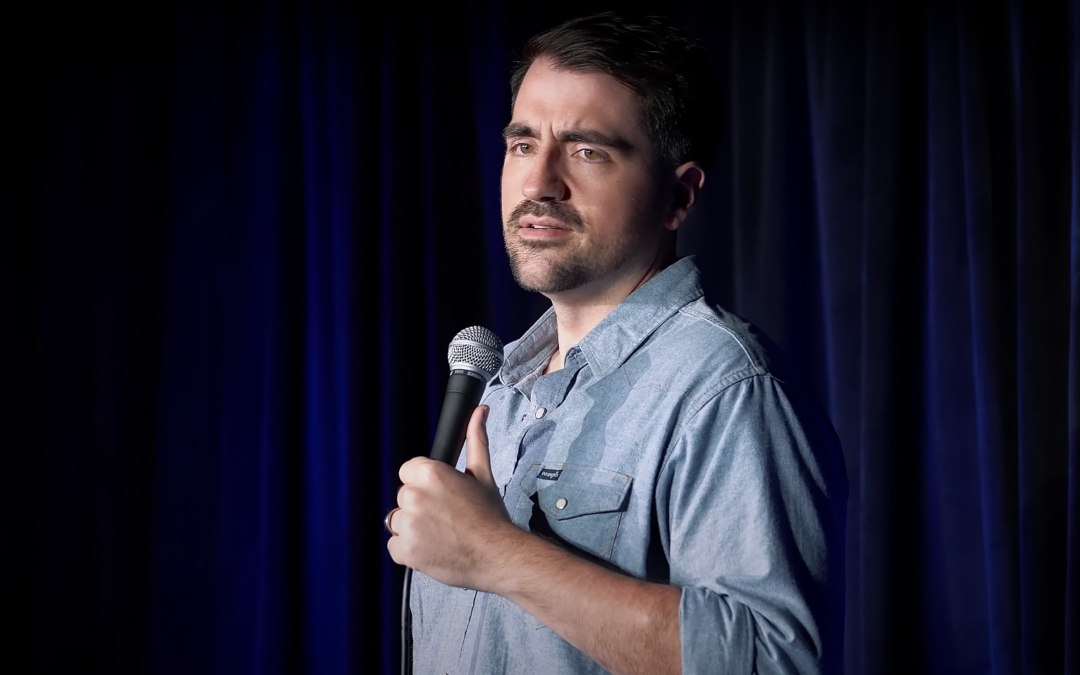
Trae Crowder Releases New Comedy Special: ‘Trash Daddy’
Comedian Trae Crowder, known for his viral videos as the "Liberal Redneck," has once again taken the comedy world by storm with his sophomore stand-up special, Trash Daddy. Released on YouTube via 800 Pound Gorilla Media on March 13, 2025, this one-hour special...
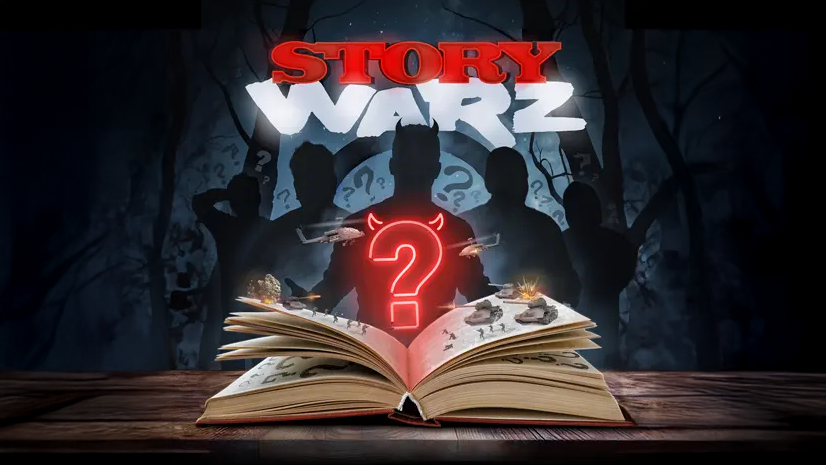
Story Warz: The New Comedy Podcast of Deception and Detection
Looking for a fresh comedy podcast that will have you laughing and guessing? Story Warz combines the perfect mix of storytelling, comedy, and competitive gameplay. Hosted by renowned Legion of Skanks comedians Big Jay Oakerson and Luis J. Gomez, this innovative...

Adam Ray Release New Comedy Special: ‘Like And Subscribe’
Adam Ray returns with the release of his third comedy special, Like and Subscribe. A beloved figure in comedy circles, Ray has made a name for himself not just on stage and podcasts, but on the big screen as well, with impressive roles that showcase his dynamic...
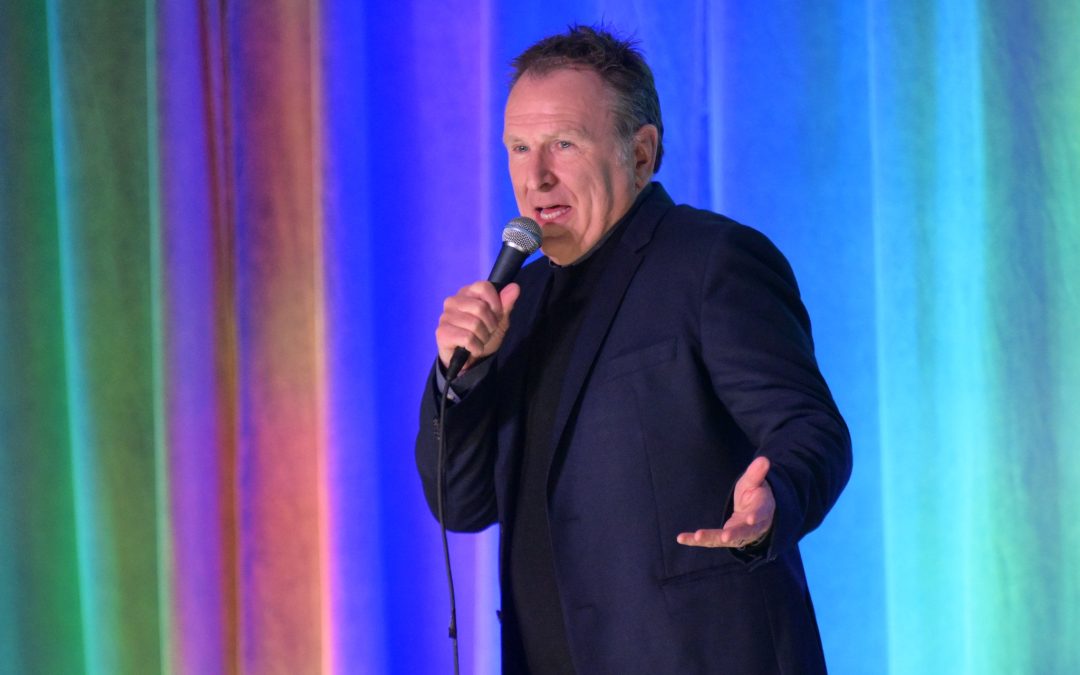
Colin Quinn Releases New Comedy Special: ‘Our Time Is Up’
In the ever-shifting landscape of digital content, comedy has found a resilient platform on YouTube, and the latest to grace this arena is Colin Quinn with his comedy special, Our Time Is Up, released on May 6. Quinn, known for his sharp wit and unapologetic...

Casey Rocket Blasts Off as the New Regular on Kill Tony
In an exhilarating shake-up to the Kill Tony universe, fans of the live podcast were treated to a high-octane announcement: Casey Rocket has officially been named the newest regular, set to open the show with his inimitably eccentric comedy. Rocket is stepping in for...
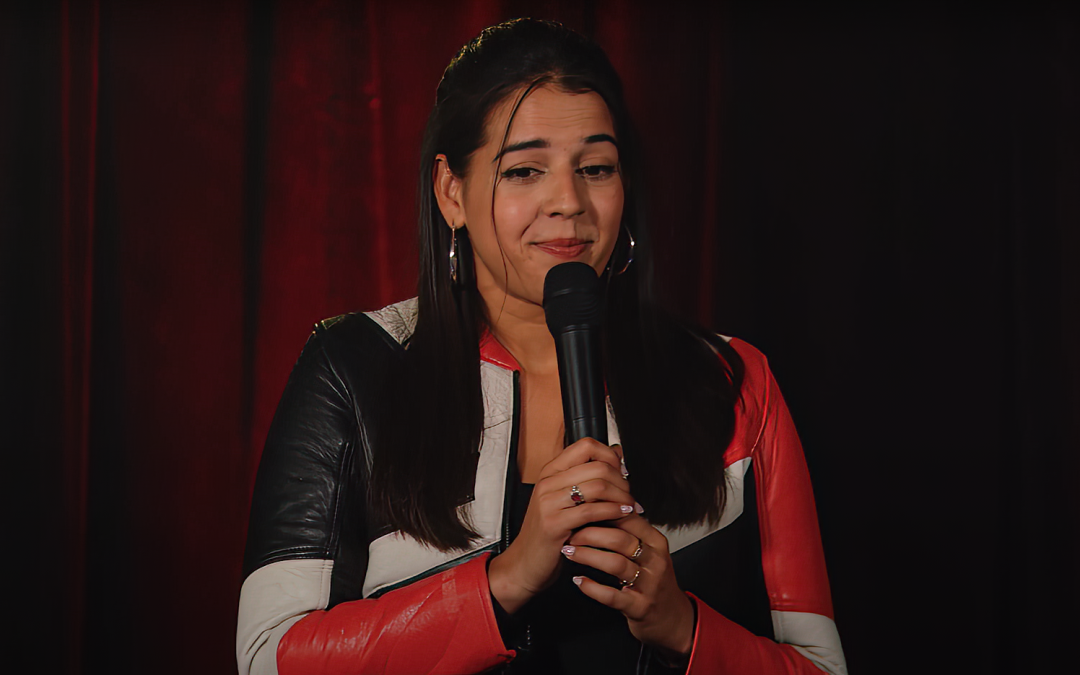
Kim Congdon’s New Standup Comedy Special: ‘Childless Milf’
Kim Congdon, a standup comedian known for her unapologetic humor and lively stage presence, has released her debut comedy special, Childless Milf. This release marks a significant milestone in Congdon's career, offering her growing audience a 30-minute feature of her...

Trevor Wallace Releases His First Comedy Special: ‘Pterodactyl’
Trevor Wallace, known for his hilarious sketches and the Stiff Socks podcast, recently released his highly anticipated comedy special, Pterodactyl, exclusively on Amazon Prime. Wallace has gained impressive success in the world of stand-up comedy. With a distinct...
Related Articles
Trae Crowder Releases New Comedy Special: ‘Trash Daddy’
Comedian Trae Crowder, known for his viral videos as the "Liberal Redneck," has once again taken the comedy world by storm with his sophomore stand-up special, Trash Daddy. Released on YouTube via 800 Pound Gorilla Media on March 13, 2025, this one-hour special...
Adam Ray Release New Comedy Special: ‘Like And Subscribe’
Adam Ray returns with the release of his third comedy special, Like and Subscribe. A beloved figure in comedy circles, Ray has made a name for himself not just on stage and podcasts, but on the big screen as well, with impressive roles that showcase his dynamic...
Colin Quinn Releases New Comedy Special: ‘Our Time Is Up’
In the ever-shifting landscape of digital content, comedy has found a resilient platform on YouTube, and the latest to grace this arena is Colin Quinn with his comedy special, Our Time Is Up, released on May 6. Quinn, known for his sharp wit and unapologetic...
